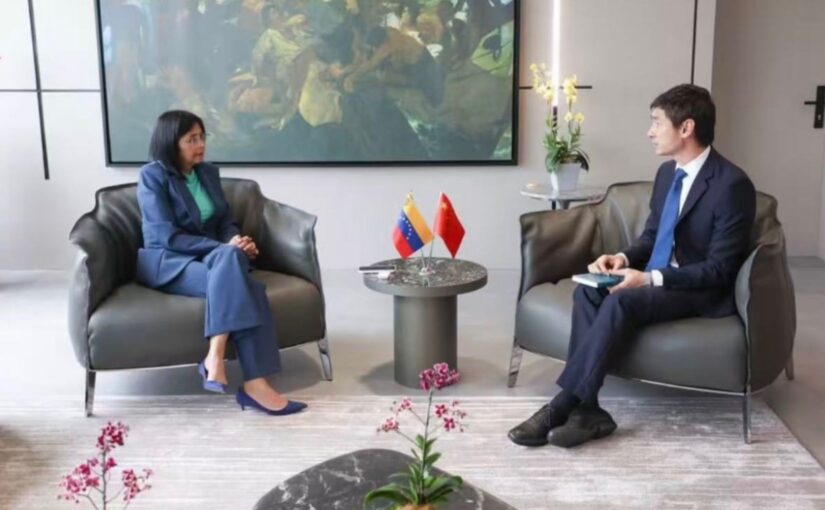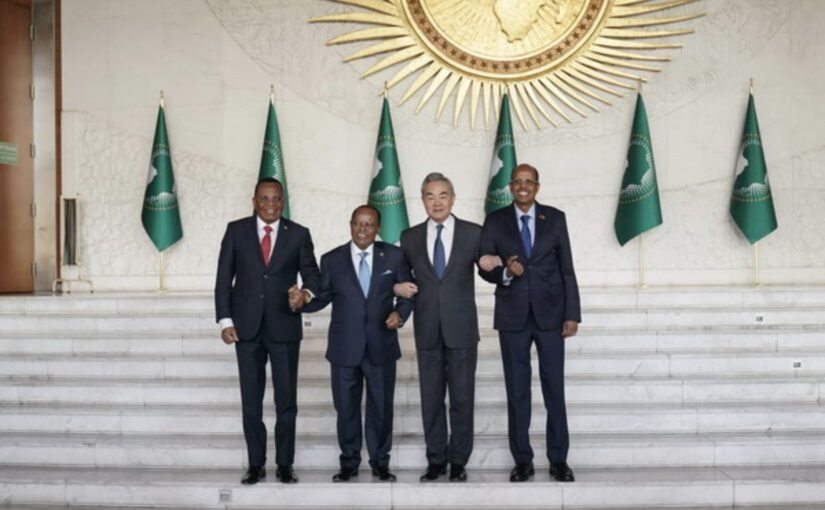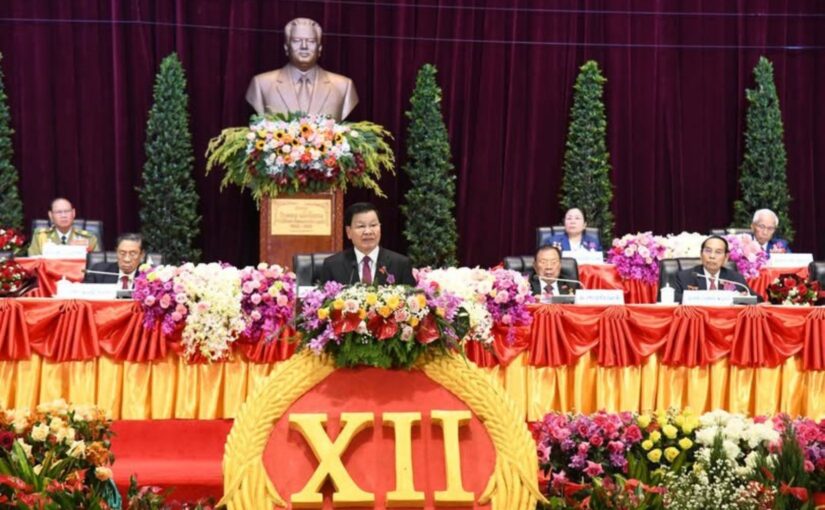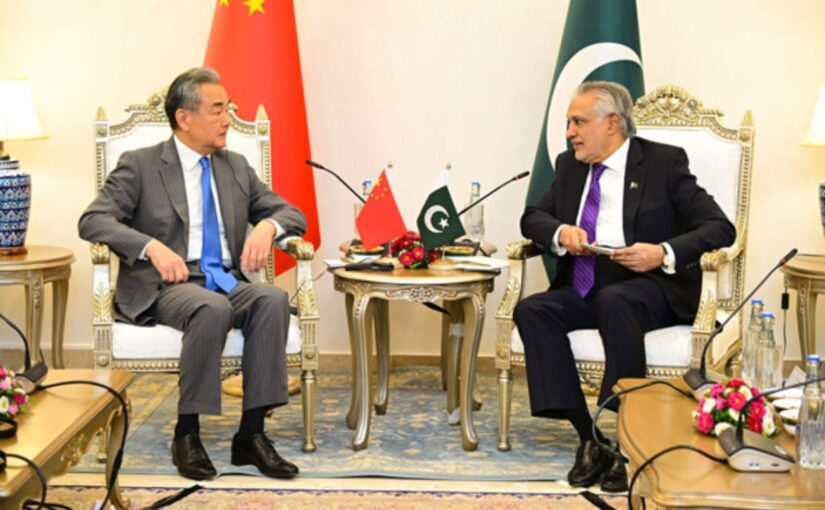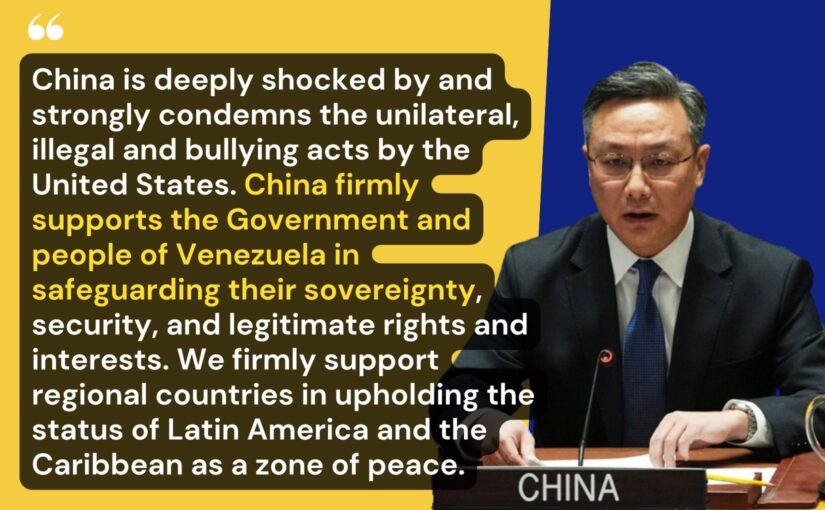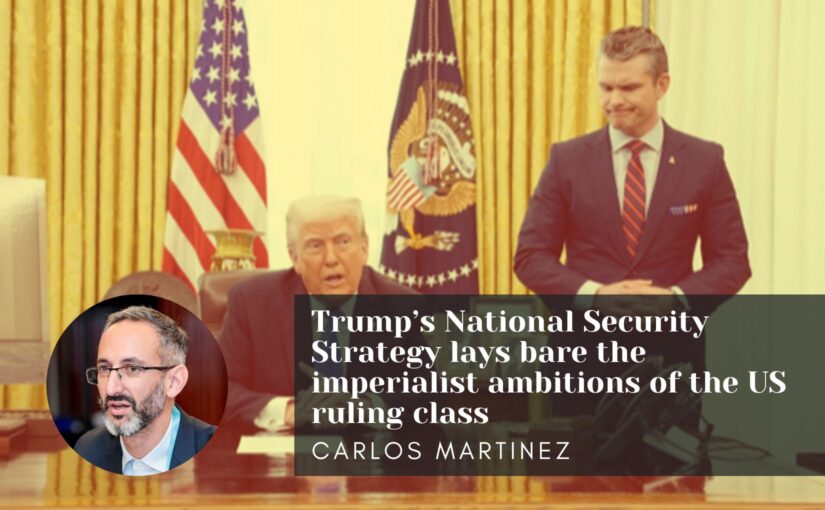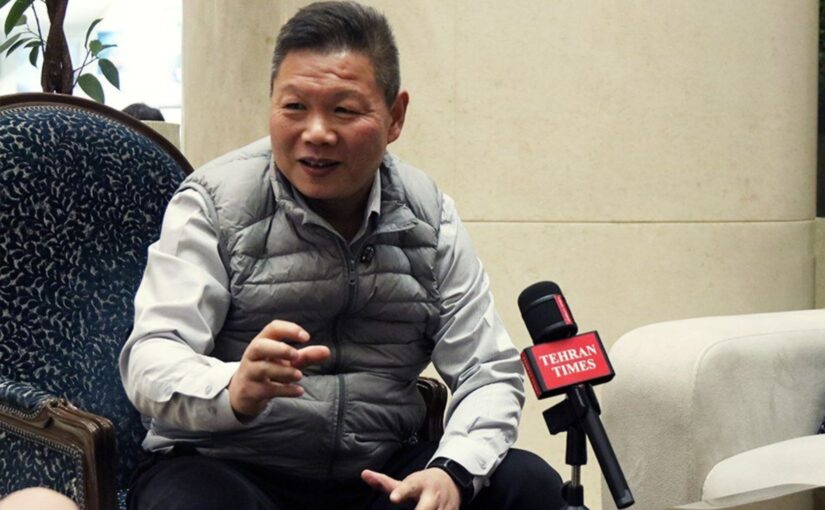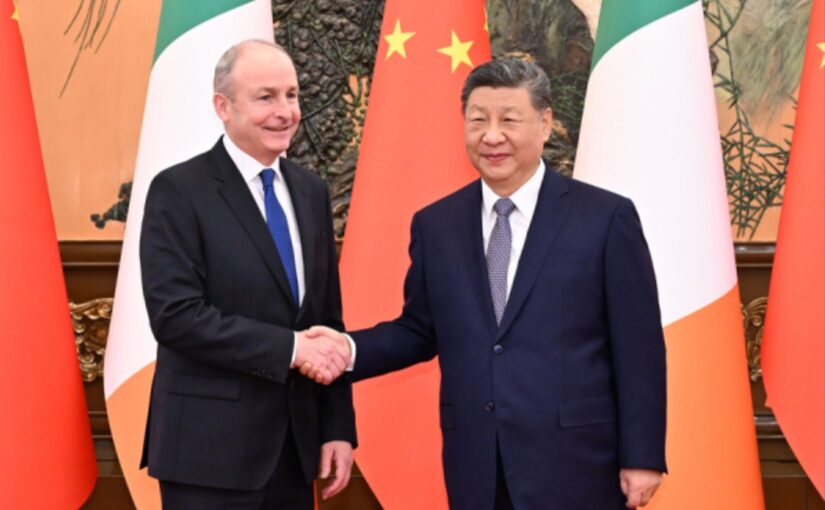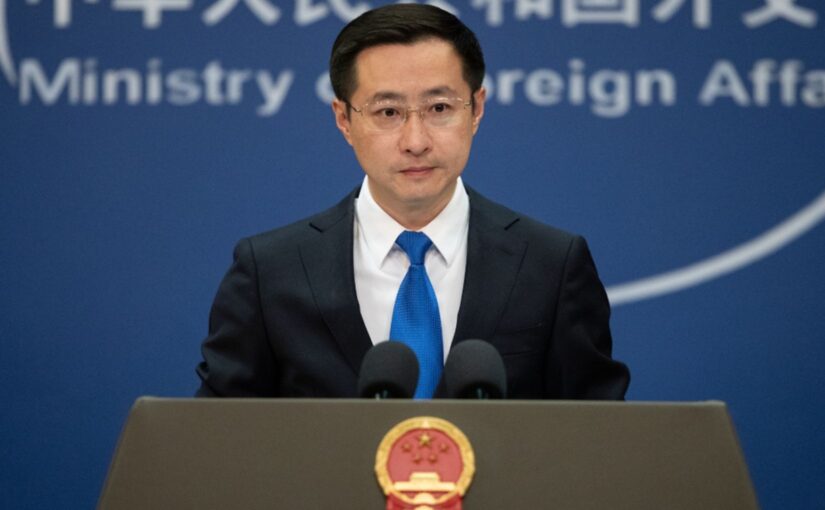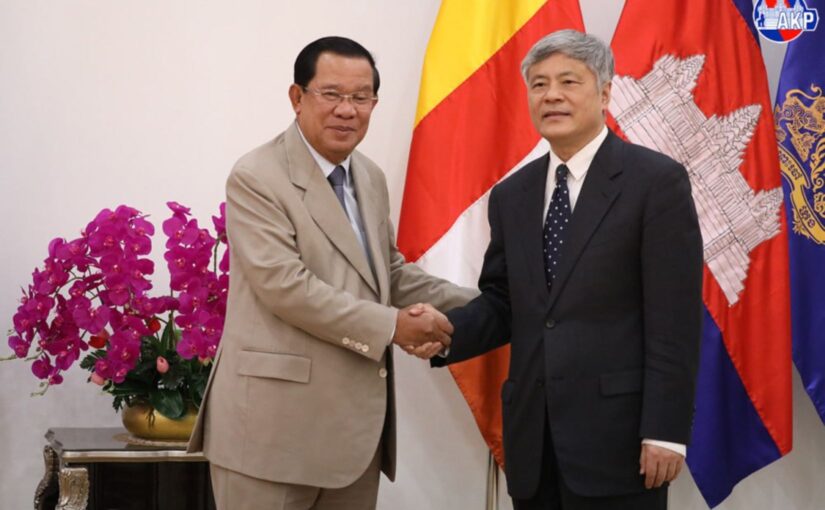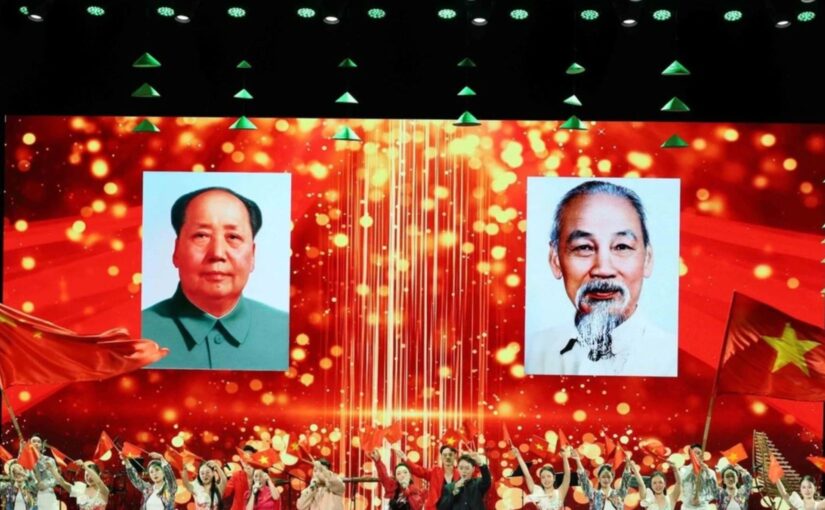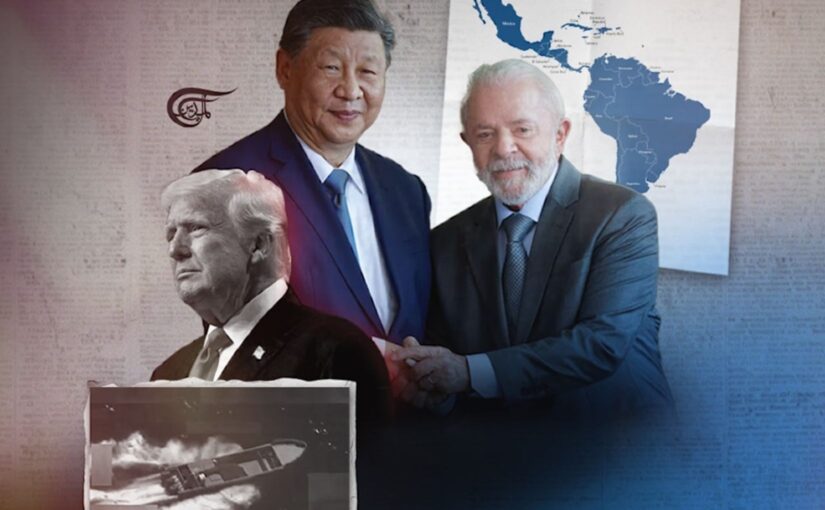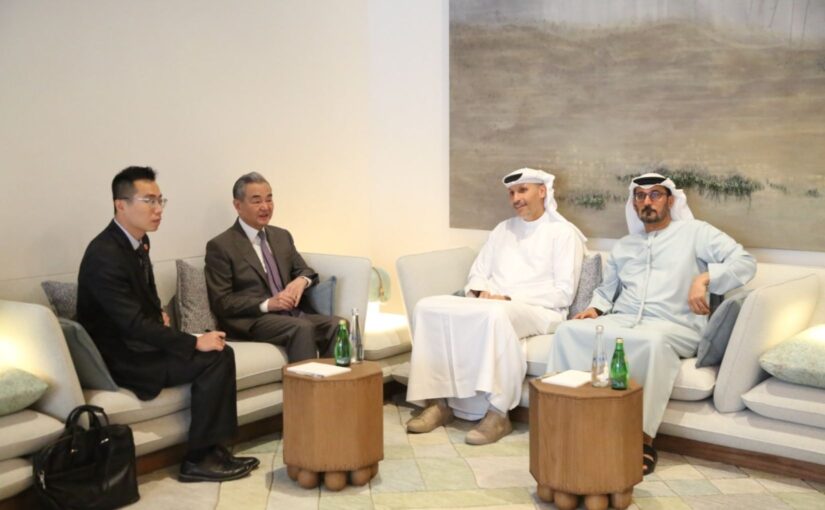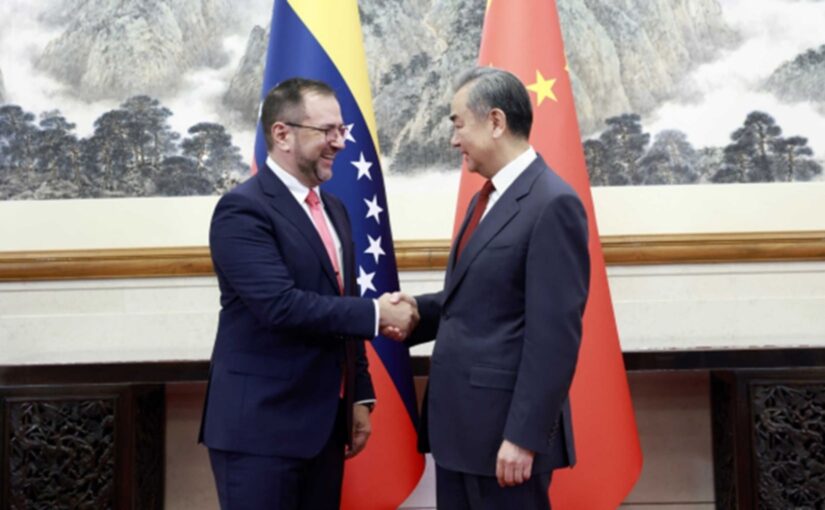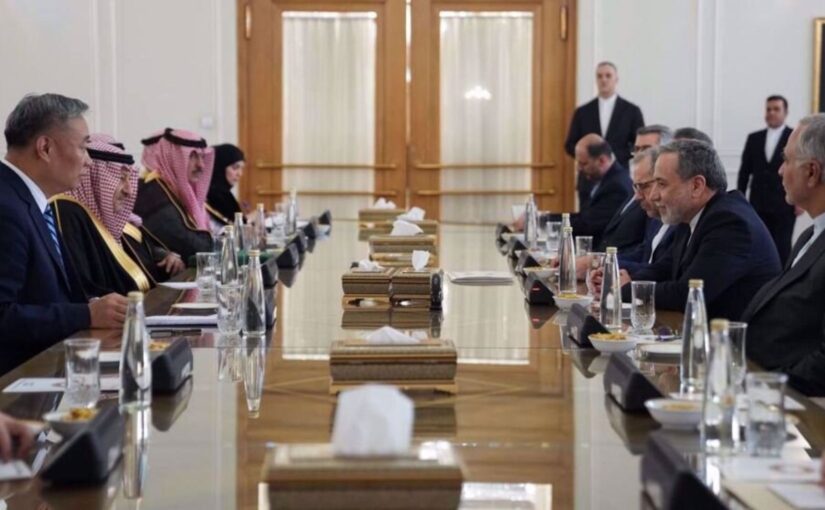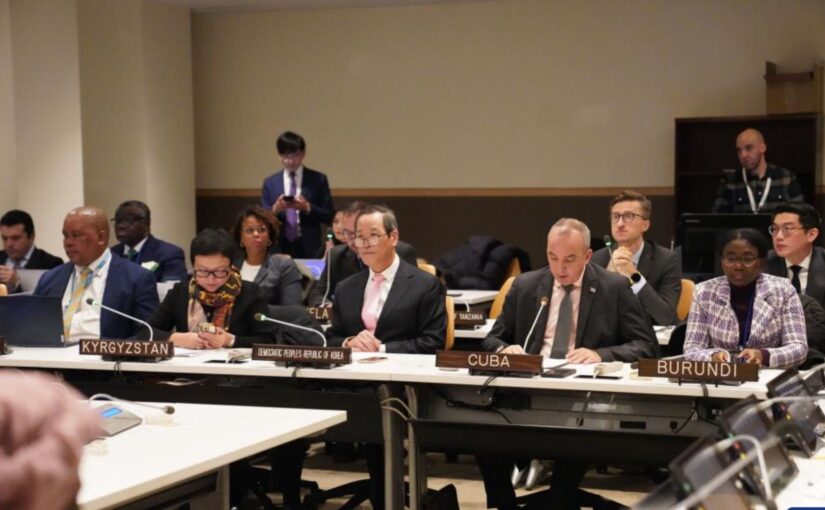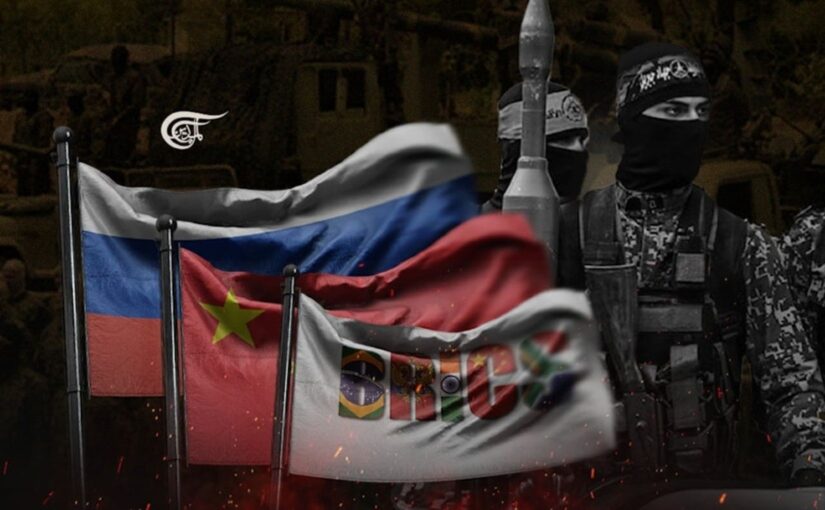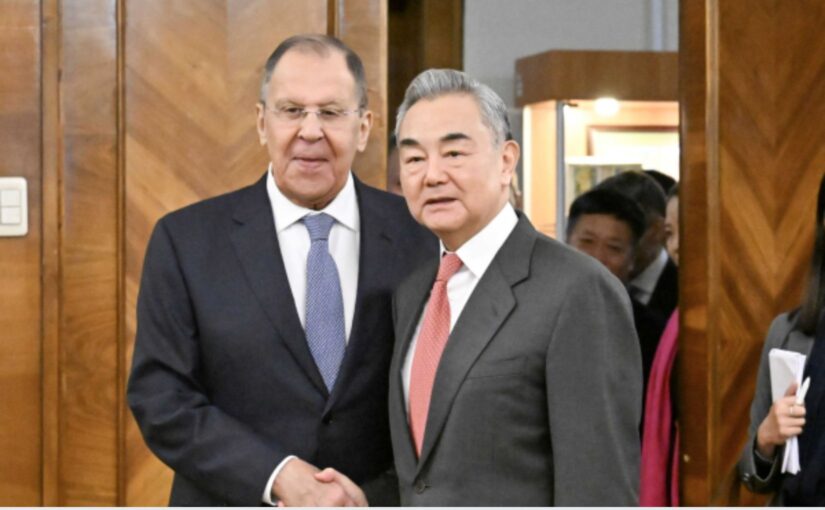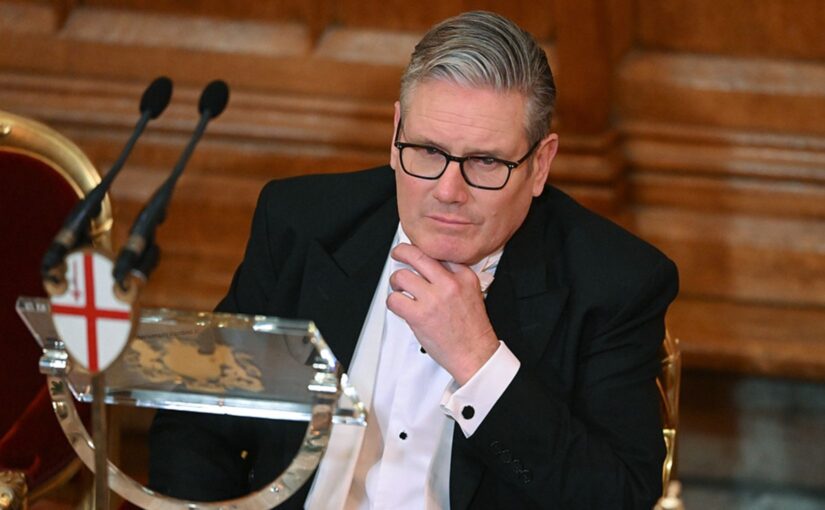Venezuela and China have taken several opportunities to reaffirm their continued mutual support and solidarity following the brigandish US aggression which saw the kidnap of President Maduro and his wife, the murder of numerous Venezuelans and Cuban internationalists, and repeated hegemonic acts and utterances by the US, seeking, among other things, to estrange Venezuela from its closest friends, including China, Cuba and Russia.
On January 9, Acting President Delcy Rodriguez reported that she had met the previous day with Chinese Ambassador Lan Hu and expressed gratitude to China for condemning the US aggression against Venezuela and the seizure of the country’s legitimate President and First Lady. She noted that Caracas values China’s firm position in strongly denouncing the grave violations of international law and Venezuelan sovereignty.
For her part, responding to Rodriguez’s comments on social media, Chinese Foreign Ministry Spokesperson Mao Ning said that China attaches importance to its relations with Venezuela and maintains sound communication and cooperation with the Venezuelan government.
Also on January 8, Venezuelan Foreign Minister Yván Gil once again expressed his gratitude to China for its support for Venezuela in social media posts. Posting on X, he said that: “We thank China for its firm position in rejecting the violation of international law and of Venezuela’s sovereignty. The Venezuelan people reaffirm their commitment to political, territorial sovereignty and over their natural resources.”
He also posted a video of Mao Ning responding to questions on Venezuela and stated on Telegram that: “Venezuela reaffirms its commitment to deepening trade and economic agreements with the People’s Republic of China.”
In a previous posting on X, Gil stated that: “We particularly value its [China’s] warning that no country can place its norms and foreign policies above the international provisions that govern and protect all our peoples. Likewise, we extend our gratitude for China’s willingness to collaborate with the Latin American and Caribbean region in preserving the status of peace zone.”
The following article was originally published by Global Times.
Venezuela’s acting president Delcy Rodriguez on Thursday expressed gratitude to China for condemning the US aggression against Venezuela and the seizure of Venezuelan President Nicolas Maduro and his wife, according to a post Rodriguez published on Instagram.
Continue reading Venezuela and China reaffirm mutual solidarity